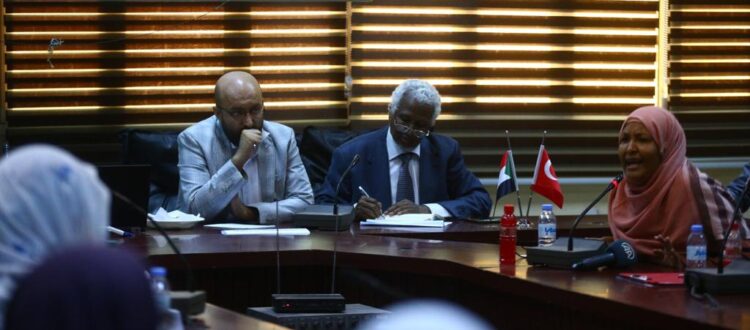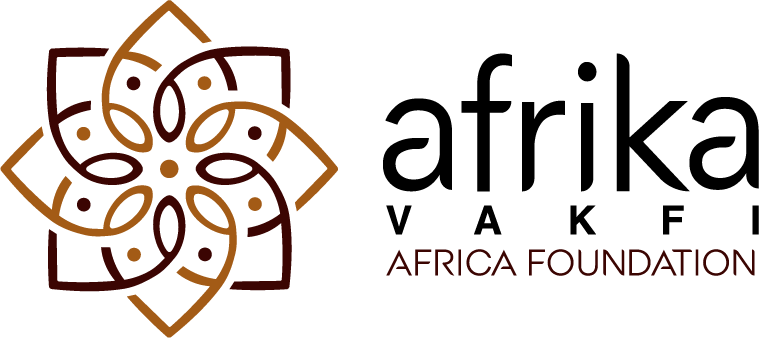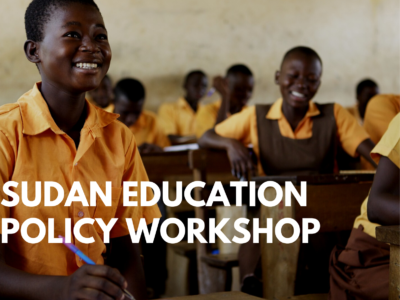SUDAN EDUCATION POLICY WORKSHOP
One of the main elements that will help improve the relationship and communication between Turkey and Africa is understanding how Turkey and its successor, the Ottoman Empire, were communicated and perceived in these countries. For this purpose, the representation of Turkish identity in all current, officially approved social science textbooks in Sudan was analyzed.
We aimed to understand which values and identities the children and youth in Sudan were raised with and how the African countries perceive Turkey. In addition, statements that were thought to be negative and ostracizing as a result of such examinations were brought to the attention of the related community within the framework of the curriculum policy and course materials.
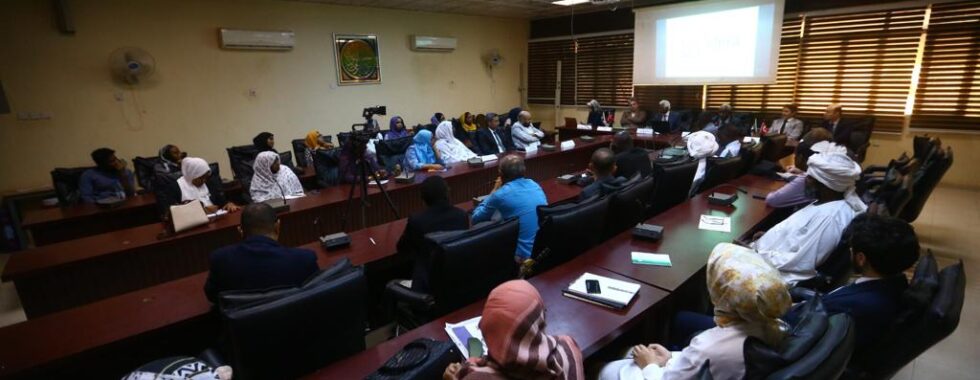
The literature review was completed in April, and an Index was prepared after the phase of scanning the textbooks. A workshop for index development was held online in May to develop the prepared index. Thus, the Textbooks Scanning Team started the book scans in June, and they completed scanning 45 books in August. Visual semiotics and critical discourse analysis were used while analyzing the data collected afterward.
On February 27, 2023, a workshop on “The Representation of Turkey, Turkish and Ottoman in the Sudanese Textbooks” was held at the Makki Shebeika conference hall of the Faculty of Letters at Khartoum University. Scholars from different institutions and universities in Sudan attended the workshop.
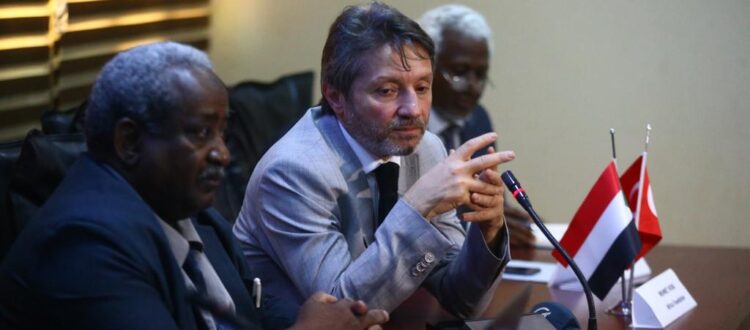
In the comments from the participants, it was emphasized that it is important to include current developments in the education curriculum and to update the curriculum regarding the recent Turkey-Sudan relations. The participants’ comments show that although Türkiye and Sudan have been known to have political and cultural ties since 1821, some information in the context of Sudan-Turkey relations in the Sudanese curriculum was left ambiguous. It was stated that under the Turkish-Egyptian administration, especially in the period of Kavalalı Mehmet Ali Pasha, the Turkish-Sudan relations should be narrated with both its positive and negative aspects, and the evaluation should be left to decide to the students.
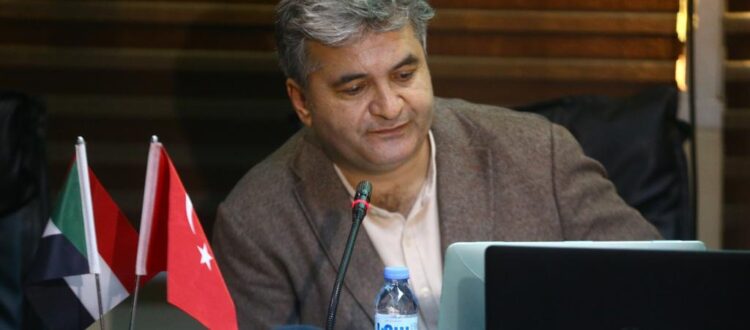
In the context of the schooling curriculum, another comment was added that the Ottoman State and its relations with the Islamic sultanates in Sudan are almost never mentioned. In addition, it was pointed out that many subjects, such as cultural relations and families of Turkish origin living in Sudan, were not included in the education system. Because of the Turkish-Egyptian administration, whose official language is Turkish, Turkish words are still used in the Sudanese dialect, representing proof of the depth of cultural relations. Another important point emphasized by the participants is information sharing: it was stated that the consultation on references while preparing the schooling curriculum would positively impact the relations between the two countries. It was noticed that the participants viewed Turkey-Sudan relations positively, and they hoped that these relations would get more robust in the future.
